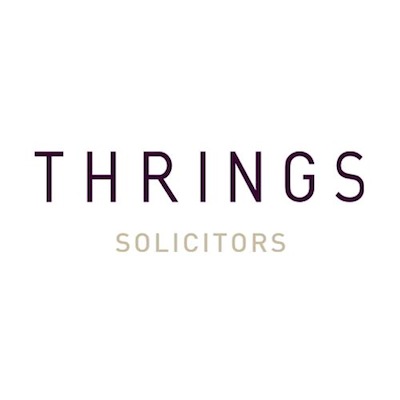12 Key Considerations When Negotiating A New Lease
The commercial and legal issues involved with new lettings vary significantly depending on the nature of the property and the needs of the parties. This is a brief overview of some of the key considerations for landlords and tenants when negotiating terms for a new lease.
Demise
Be clear about the precise boundaries of the property being let. Is it the whole of the landlord’s property being acquired and does the landlord actually own all of the land? If the lease is registrable at the Land Registry then scaled compliant plans will be required.
Condition
Is the property in an acceptable condition? Depending on the nature of the property and the level of repair obligations being required consider commissioning a building survey (which may need to include any common parts if it is a lease of part and there is a service charge liability).
Rent
Ensure professional advice has been sought to determine the open market rent. A local surveyor will be able to advise on rents of other similar properties. Consider whether the rent is to be fixed for the duration of the lease or whether it is to be subject to fixed periodic increases or an open market rent review.
Other Payments
Will there be any service charge or insurance costs to be budgeted for? This will depend on the nature of the property and the lease being taken - review charges of recent years to get an indication of likely charges for budgeting purposes and consider the possibility of a capped or fixed charge.
Term
How long will the lease run for and are there to be any break rights? Either or both the landlord and tenant may want the ability to terminate the lease early on a specified amount of notice to the other. The landlord’s ability to break the lease will be influenced by whether the lease is within the Landlord and Tenant Act 1954.
Incentives
Are there any incentives being offered, such as rent-free periods, periods of reduced rent, etc? A surveyor will be able to advise on what is available and normal in the local market.
VAT
Is the property elected for VAT to be paid on rent? The landlord should be able to confirm this and, if an election has been made, then VAT will be charged on the basic rent and other lease charges. If it is critical to a tenant not to pay VAT, then consider an obligation in the lease for the landlord not to make an election during the term of the lease.
Stamp Duty Land Tax
Factor any stamp duty land tax (SDLT) payable into budgets. SDLT is calculated by reference to the amount of rent payable (including any VAT) and the duration of the lease and can be calculated through the calculator on the HMRC website.
Alterations
What alterations will be required to the property and what consents are required? If the tenant needs to fit out the property then the landlord will want to review and approve the plans and specifications and the consent ought to be formally documented in a licence. This will include confirmation of whether the tenant is required to remove the alterations at the end of the lease.
Repairs
To what standard is the tenant required to return the property at the end of the term? Consider whether this is to be a full repairing obligation or one that is linked to the state and condition of the property at the date the lease is taken. If the latter, then a photographic schedule of condition should be included and this may or may not need to be prepared by a surveyor.
Security
Will a rent deposit or guarantees be required? This will depend on the covenant strength of the tenant but a monetary rent deposit and guarantees by either individuals or a company are common and a good form of additional protection against non-payment of rent etc. for a landlord.
Security of Tenure
Will the tenant have the security of tenure rights afforded by the Landlord and Tenant Act 1954? If not then there is a strict process that must be undertaken before the tenant is contracted to take the lease and professional advice should be sought.
For advice or more information, contact Robert Barnes on 0117 930 9537 or email rbarnes@thrings.com. Robert specialises in commercial property work, with particular emphasis on landlord and tenant matters, acquisitions and disposals, secured lending, development projects and general property management issues.














